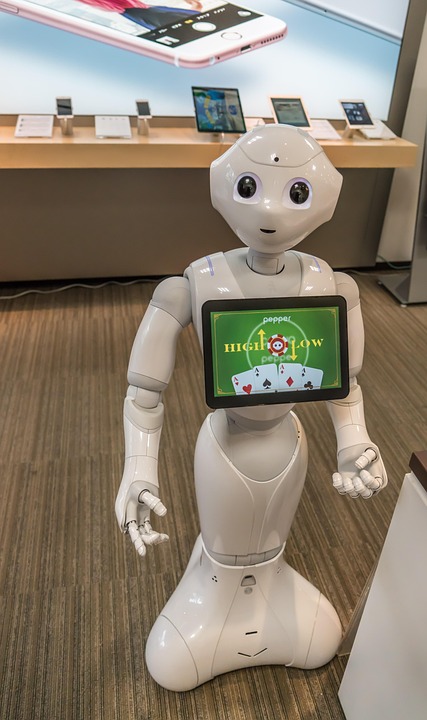Essential Skills and Responsibilities for Interactive Designers: A Shortage Occupation Open to Work Visa Applications
The digital landscape is continuously evolving, and at the forefront of this transformation are interactive designers. These creative professionals are tasked with crafting engaging user experiences across a multitude of platforms. As the demand for such skills rises, particularly in the UK, the role of an interactive designer has been identified as a shortage occupation. This classification allows for greater flexibility in visa applications for overseas talent eager to contribute to the British market.
1. Core Skills that Define an Interactive Designer
At the heart of interactive design lies a robust blend of technical and creative capabilities. Proficiency in design software such as Adobe Creative Suite, Sketch, and Figma is essential. Yet, it doesn’t stop there. An understanding of user interface (UI) and user experience (UX) principles is crucial. How can one create an intuitive design if they don’t grasp the nuances of user behaviour? Designers must delve into research, employing tools like user personas and journey mapping to anticipate and fulfil user needs.
Moreover, coding skills—particularly in HTML, CSS, and JavaScript—can set candidates apart. This technical know-how enables designers to communicate effectively with developers, ensuring their visions are not lost in translation. In an era where collaboration is key, being able to speak the language of both design and development is invaluable.
2. Navigating Responsibilities in a Dynamic Environment
The role of an interactive designer is not merely about aesthetics; it’s about bridging the gap between functionality and visual appeal. Designers are responsible for creating wireframes, prototypes, and high-fidelity mockups that encapsulate the user experience. They must also conduct usability testing, gathering feedback to refine their designs. But what happens when feedback contradicts the designer’s vision? Here lies the challenge: balancing personal creativity with user-driven insights.
Communication skills play a pivotal role as well. Designers often collaborate with cross-functional teams, from marketing to product management. The ability to articulate design decisions and rationalise choices based on data is crucial. In a fast-paced environment, the pressure to deliver compelling designs while adhering to project timelines can be daunting. Yet, this is where a designer’s resilience and adaptability shine.
3. Embracing Continuous Learning and Adaptation
In a field that is perpetually in flux, the pursuit of knowledge must be relentless. Trends in interactive design evolve rapidly; what was cutting-edge a year ago may now be outdated. Designers should actively engage with online courses, workshops, and industry conferences. The question arises: how does one remain relevant in such a competitive field? The answer lies in a commitment to lifelong learning and an openness to feedback and new ideas.
Networking within the industry is equally significant. Engaging with peers and mentors can provide insights that accelerate professional growth. As the saying goes, “It’s not just what you know, but who you know.” In the realm of interactive design, building a robust professional network can open doors to exciting opportunities.
Charting a Path Forward
The landscape for interactive designers in the UK is bright, with opportunities aplenty for those willing to step forward. As the sector continues to grow, the need for skilled professionals remains acute. For those contemplating a move to the UK, the shortage occupation status for interactive designers means that the pathway to obtaining a work visa is more accessible than ever.
At Visajob.co.uk, we understand the intricacies of navigating the UK job market, particularly in sectors requiring sponsorship. Our commitment is to support you at every step of your journey, ensuring that you find the right opportunities in a landscape that is as challenging as it is rewarding. Let us help you turn your aspirations into reality.




